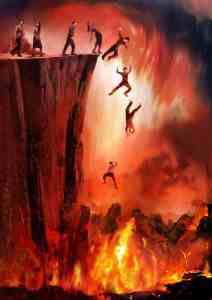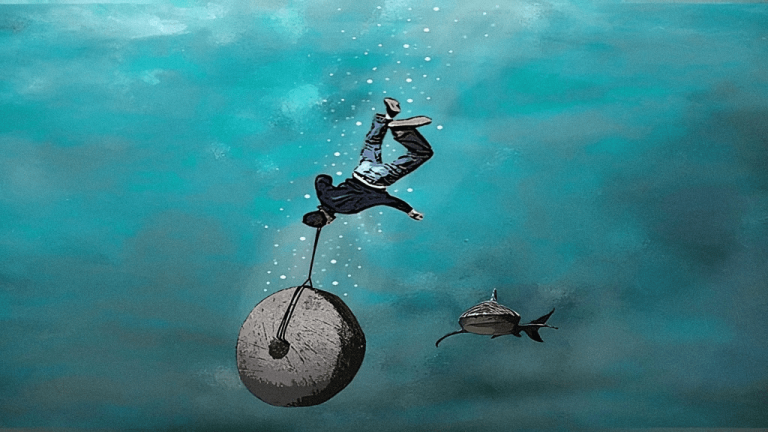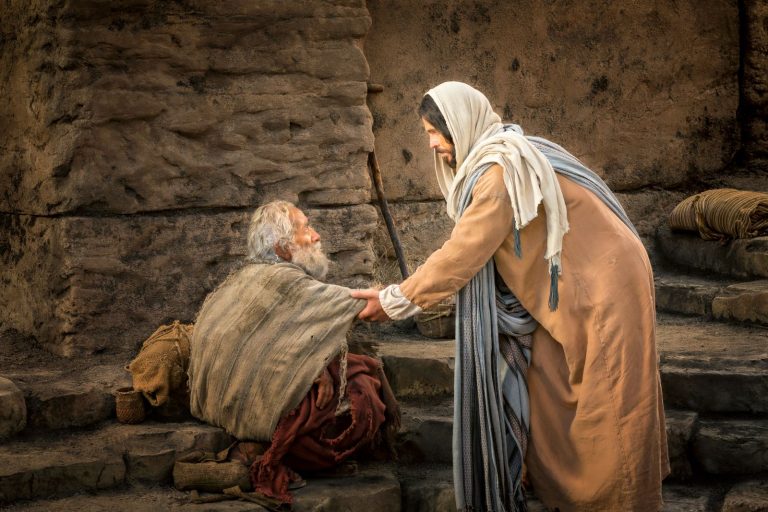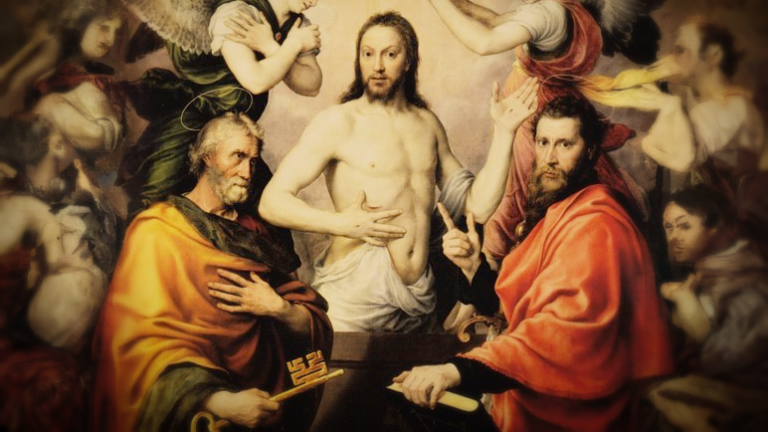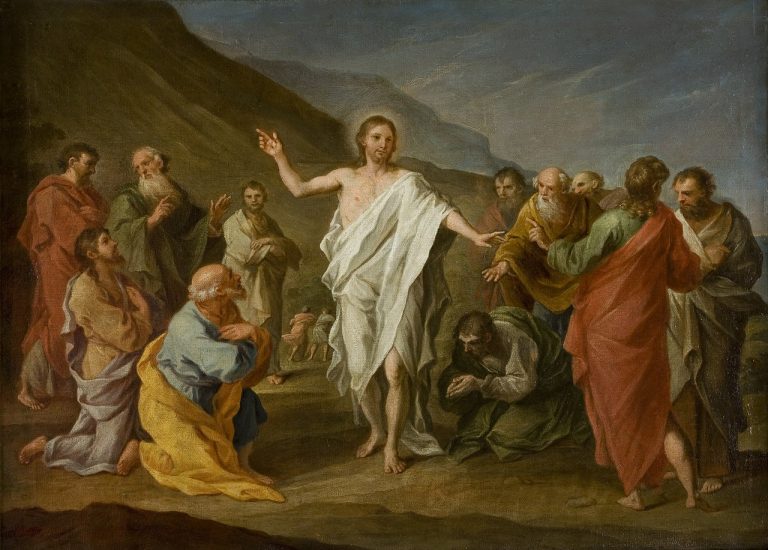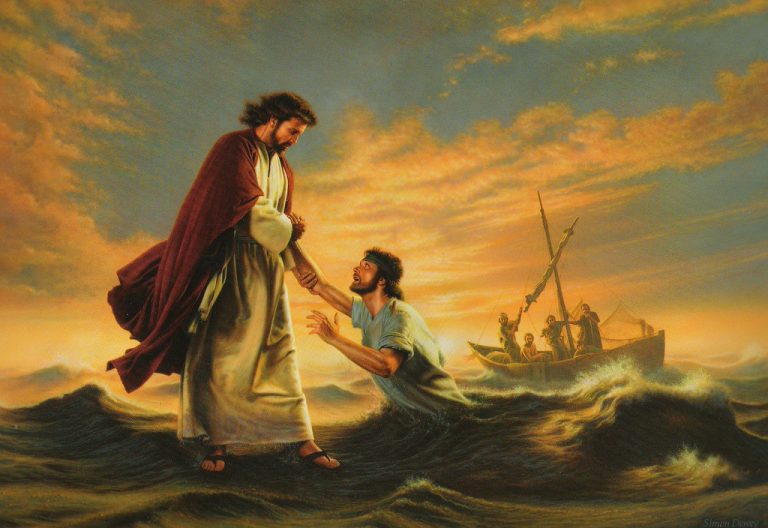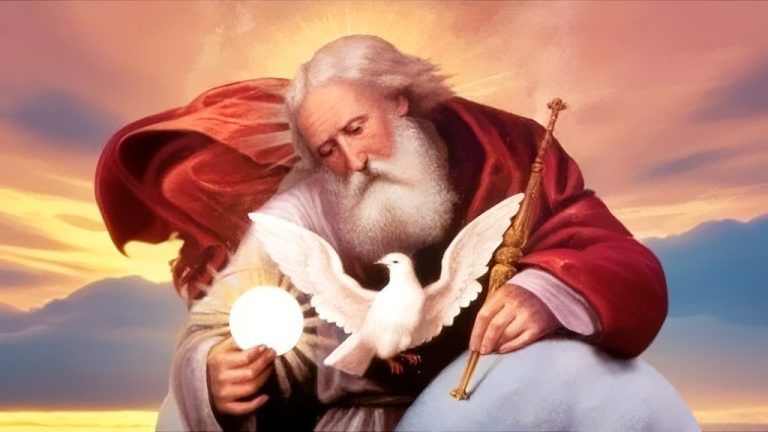Two Testaments teach about one vain woman. Isaiah 47:4 tells us what God had done and will do to her.
“daughter of the Chaldeans for you will no longer be called sovereign lady of the kingdoms. I was angry with My people, I had profaned My heritage, I had surrendered it into your hands, but you showed them no mercy.”
God had given Abraham’s relatives and his home, “the land of The Chaldees” to Babylon over 1,000 years before Isaiah. The vain woman proudly proclaimed (47:9), “I , and none beside me. I shall never be widowed, never know the loss of children.”
Isaiah gives us God’s reply to her unholy reign on earth in the next verse: “Yet both these things shall happen to you and on the same day.”
~
Rev 18:7 was written eight hundred years after Isaiah (750 BC?) The same Woman of Babylon is still there! She speaks in The New Testament.
“I am the queen on my throne, she says to herself, and I am no widow and shall never be in mourning.”
God replies to the Spirit of government through St. John in the rest of The Chapter.
“within a single day, the plagues will fall upon her. . . She will be burnt right up.”
~
God destroyed the woman He had once empowered over all “the kings of the world”.
Before Constantine, the woman ruled all “the kings“, including those on “the seven hills of Rome”. Catholics know: The Vatican Hill was never among “the seven hills of Rome”!
~
Chapter 17 of Revelation seems to begin after Constantine. The Woman of Babylon’s rule was destroyed 300 years after Jesus. There were several Emperors. One was the viciously anti-Catholic, Licinius. He was defeated by Constantine. Another was Maximian. He had been Emperor. Diocletian made him resign from office.
Rev 17: 10-11. “once here he must stay for a short while. The beast, who once was and now is not, is at the same time the eighth and one of the seven”
Later, Maximian tried to kill Constantine! And, he tried seize power from Constantine. For a very short time, he did gain some power over some troops!
Was “the beast” Maximian?
. . . . . . . . . . . .
Free e-books and reasons to be Catholic: catholicfundamentalism.com


